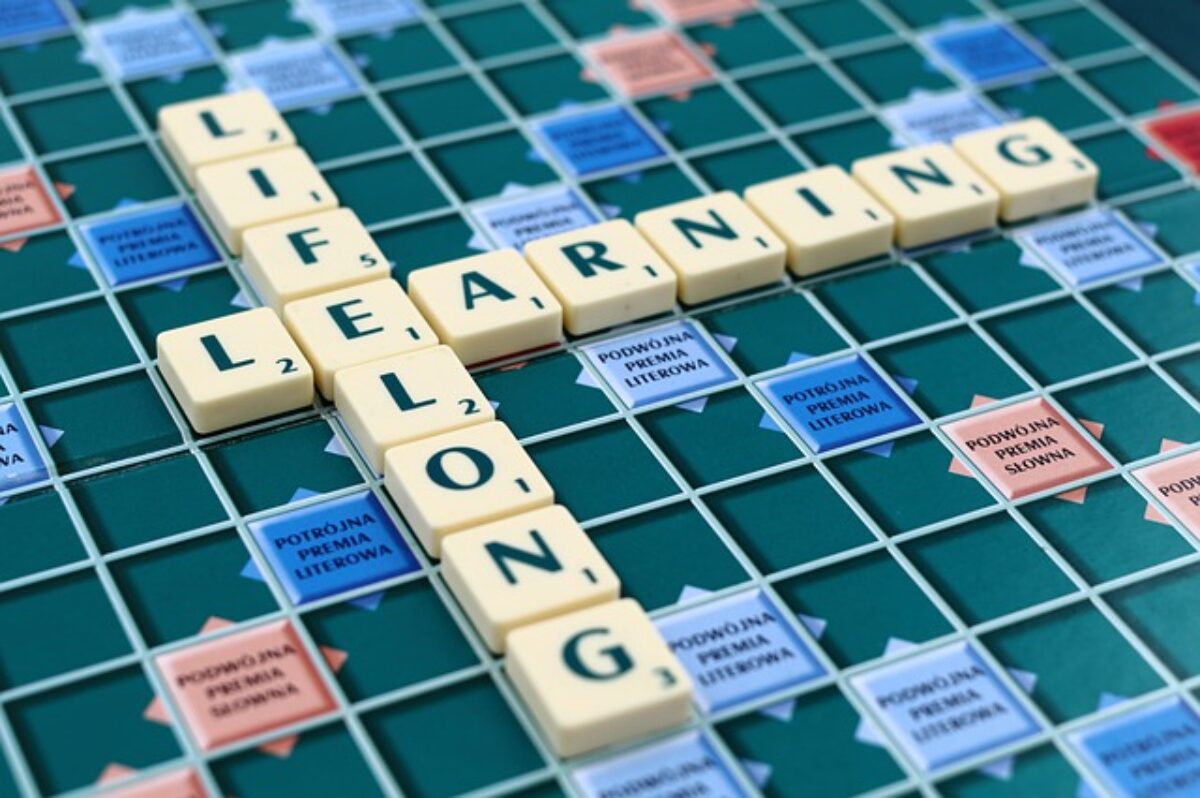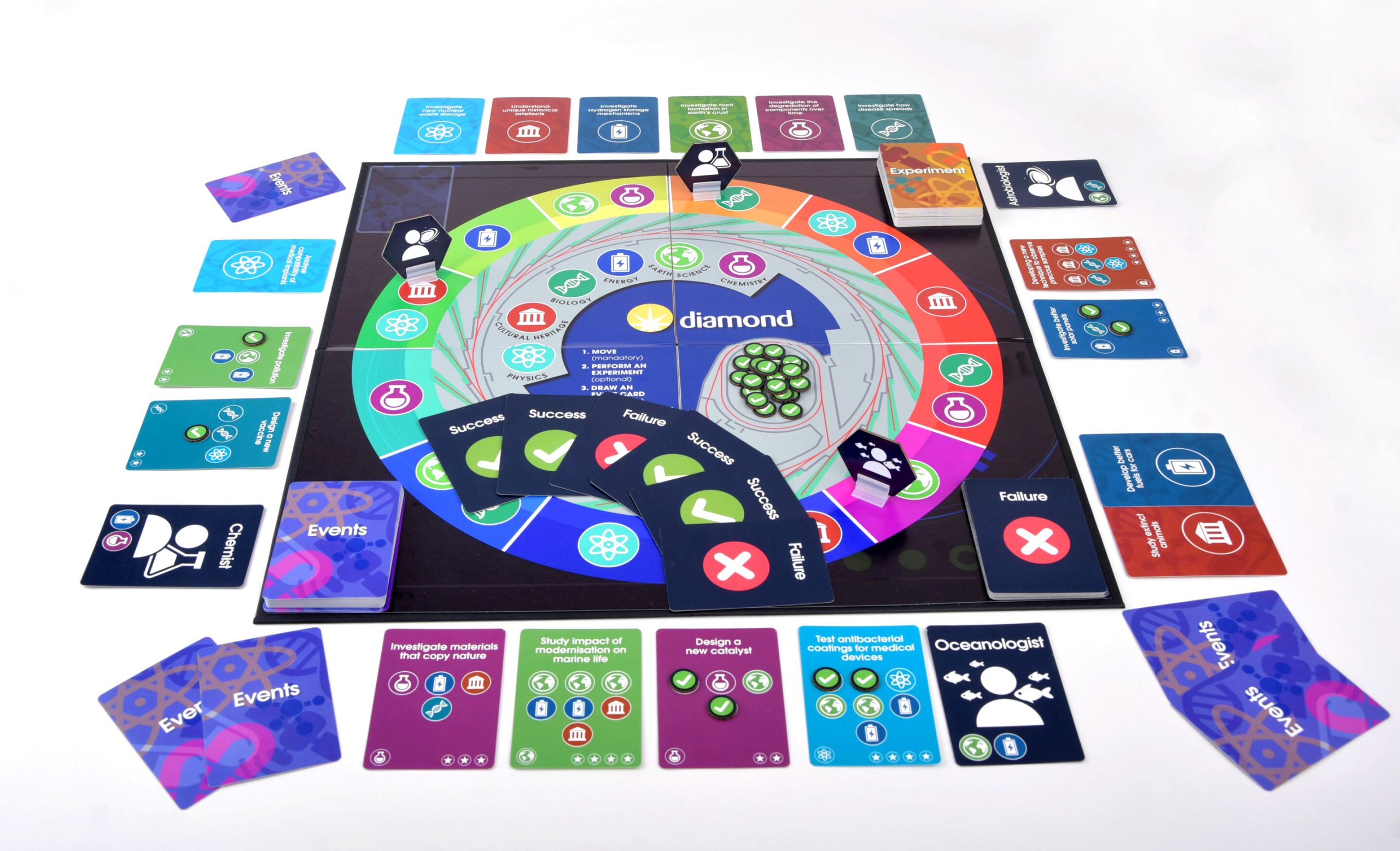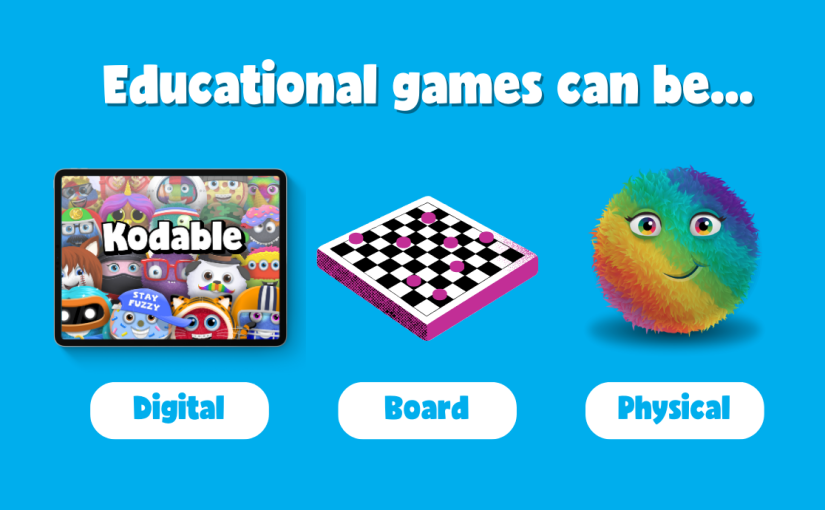Key Takeaways
- Educational games offer fun to play and enhance learning across various subjects and age groups.
- Free online interactive game sites provide a wealth of educational resources, but choosing reputable and safe platforms for students is essential.
- Interactive learning games can engage preschoolers and support their early language, math, and critical thinking development through play.
- Elementary kids can improve their skills in math, language arts, and other subjects through the use of engaging and educational games.
- Middle and high school students can benefit from online educational games that reinforce concepts in math, science, history, and other subjects while keeping them motivated and engaged.
- Incorporating educational games into the curriculum can help foster math, science, and geography proficiency, making learning more enjoyable and effective.
Looking to make learning more engaging? What if education, kids, and fun could go hand in hand? Get ready to discover a world of free educational games for kids that combine fun with valuable knowledge. These games make learning fun! They help kids think and understand better in different subjects. Instead of boring ways of teaching, these games make learning exciting and engaging. Kids can have fun while they learn new things.
Exploring the Benefits of Educational Games

Enhance Critical Thinking and Problem-Solving Skills
Educational games help kids play and think critically. By engaging with these learning games, kids can play and build their analytical skills as they strategize to overcome obstacles within the game. For instance, in a math-based educational game, kids may need to solve equations or logic puzzles to progress, which sharpens their critical thinking abilities.
Moreover, when kids play educational games, students often encounter various scenarios that require quick decision-making and problem-solving. This process fosters a proactive approach to tackling challenges inside and outside the gaming environment. As a result, they become better equipped to handle real-life situations that demand logical reasoning and innovative solutions.
Improve Memory Retention through Interactive Learning
One of the remarkable benefits of educational games is their ability to enhance memory retention through interactive learning experiences. Kids who play educational games remember more because it’s fun and immersive. For instance, language games can help kids learn new words better than old ways.
Furthermore, by actively participating in the learning process while playing educational games, students reinforce their understanding of concepts through practice and repetition. This hands-on approach improves memory recall and solidifies comprehension by linking theoretical knowledge with practical application.
Navigating Free Online Game Sites for Education
Identifying Reputable Websites
When searching for free educational games for students, it’s crucial to identify reputable websites that offer a wide range of options. Look for platforms recognized in the education sector, such as PBS Kids, National Geographic Kids, or Funbrain. These sites often curate games to help kids play and support various subjects and age groups. Ensure the website is free to access without hidden fees or subscription requirements.
It’s important to make the website easy for students to use. A simple design with clear categories can help students find games quickly. ABCya is a good example, with games sorted by grade level and subject, making it easier for teachers and students to find suitable activities.
Aligning with Learning Objectives
When exploring online games for educational purposes, looking for those that align with specific learning objectives is essential. Whether it’s practicing math skills or improving language arts proficiency, the chosen games should complement the curriculum goals set by educators. For instance, if the aim is to reinforce science concepts, websites like NASA Kids’ Club offer interactive activities related to space exploration and scientific discovery.
Engaging Preschoolers with Interactive Learning Games

Promoting Early Literacy Skills
Engaging preschoolers in interactive games can effectively introduce basic concepts such as colors, shapes, and numbers. These games entertain and educate, making learning fun for young children. For instance, some games involve matching colors or identifying shapes within a playful context. By playing these games, kids ages 3-5 can develop their cognitive skills while having a great time.
Interactive learning activities focusing on letter recognition can help children build early literacy skills. For example, some games invite kids to identify letters with the beloved character Cookie Monster from Sesame Street. Through these activities, children learn to recognize letters joyfully and engagingly.
Enhancing Hand-Eye Coordination
When selecting free educational games for students, choosing those that promote hand-eye coordination is essential. Games involving simple dragging and dropping actions or clicking on specific items can help improve a child’s motor skills while they have fun playing. These interactive activities entertain and contribute to the overall development of a child’s physical abilities.
Opting for games with simple instructions and minimal distractions is crucial when introducing preschoolers to educational gaming experiences. Clear directions and limited visual clutter allow children to focus on the primary learning objectives without feeling overwhelmed by unnecessary elements in the game interface.
Advancing Elementary Skills Through Fun Games
Reinforcing Foundational Subjects
When selecting free educational games for students, focusing on ones that reinforce foundational subjects like reading, math, and science is crucial. These games provide an interactive platform for students to practice essential skills while having fun. For instance, a game that involves solving math problems within a time limit can help improve students’ arithmetic abilities.
Incorporating games encouraging teamwork and collaboration among students is also vital in enhancing their social and communication skills. Activities such as group problem-solving challenges or collaborative storytelling games make learning enjoyable and foster a sense of camaraderie among the students.
Age-Appropriate and Aligned with Curriculum Standards
It’s super important to pick games just right for our age. This helps us stay interested and learn better. It’s a fun bonus when the games match what we’re learning in school!
Enhancing Middle and High School Learning Online
Diverse Subject Coverage
When seeking free educational games for middle and high school students, it’s crucial to explore options that cover a wide range of subjects. Look for games that delve into advanced topics such as history, geography, and language arts. For instance, “Where in the World is Carmen Sandiego?” is an interactive game that challenges students’ knowledge of world geography while enhancing their critical thinking skills.
Critical Thinking and Decision-Making
Using games that make you think and help you make decisions is important. For example, “Oregon Trail” teaches history and makes you decide on supplies and travel routes. These games are a fun way to learn and improve problem-solving skills.
Self-Paced Learning and Skill Development
When exploring educational games, prioritize those offering opportunities for self-paced learning and skill development. “TypingClub” is a great example as it provides lessons on touch typing at various difficulty levels, allowing students to progress at their own pace while honing their typing skills—an essential ability in today’s digital age.
- Wide subject coverage: Where in the World is Carmen Sandiego?
Fostering Math and Science Proficiency with Games

Reinforcing Math Concepts
Engaging in math games is an effective tool for reinforcing fundamental arithmetic, algebra, and geometry concepts. Students can practice multiplication tables, fractions, and problem-solving skills through interactive platforms in a fun and stimulating environment. For instance, games like “Math Blaster” or “Prodigy” offer math challenges integrated into captivating storylines to motivate students.
Virtual simulations in these math games provide a hands-on approach to learning complex mathematical problems. By experimenting within the virtual space of these games, students can gain a deeper understanding of abstract mathematical concepts that may otherwise be challenging to comprehend through traditional teaching methods.
Exploring Science Topics
Incorporating science-based educational games offers an engaging way for students to explore various scientific subjects such as biology, chemistry, physics, and even space exploration. These games enable learners to delve into topics like the human body’s anatomy or chemical reactions in a laboratory setting.
Games like “Minecraft: Education Edition” allow students to engage in collaborative projects related to scientific exploration. This fosters teamwork while encouraging critical thinking and creativity in approaching real-world scientific challenges.
Developing Geography Knowledge Through Quizzes and Games
Engaging Learning Experience
Geography quizzes and games offer an engaging way for students to enhance their map reading skills and develop a deeper understanding of the world. By utilizing interactive challenges, students can explore continents, countries, and landmarks around the globe. For example, students can play a game where they have to identify different countries on a map within a time limit.
This not only helps them master geographical concepts but also builds their global awareness. Furthermore, incorporating games that promote cultural understanding allows students to appreciate diversity while learning about different parts of the world. These activities provide an immersive experience that fosters curiosity and encourages active participation in learning about the world.
Promoting Cultural Understanding
Through these educational tools, students can gain insights into various cultures and traditions across the globe. For instance, they might take virtual tours of famous landmarks or participate in quizzes on cultural practices from different countries. This exposure helps them grasp key aspects of global diversity while developing empathy towards people from other parts of the world.
Moreover, by integrating geography-focused games with elements like historical events or natural wonders such as dinosaurs, educators can create an exciting platform for students to build upon their knowledge base. In doing so, these activities contribute significantly to broadening their worldview beyond just geographical boundaries.
Utilizing Educational Tools for Parent and Teacher Support

Tracking Student Progress
Educational games provide an effective way for teachers and administrators to track student progress. By using these games, educators can easily monitor how well their students grasp concepts in various subjects. For instance, a math game can help teachers identify which students struggle with multiplication or division.
These insights allow teachers to tailor their lesson plans according to the specific needs of each student. They can then provide additional support or resources to help struggling students improve in those areas.
Creating Custom Learning Activities
One key benefit of free educational games for students is the ability to access resources for creating custom learning activities. Teachers can develop tailored exercises that align with curriculum standards and cater to individual student requirements. For example, they might use an app to create personalized spelling quizzes based on each student’s proficiency level.
This customization ensures that every student receives targeted support in areas where they need it most, leading to improved academic performance and engagement in the classroom.
Sharing Best Practices
Another advantage of integrating educational games into lesson plans is the opportunity for collaboration among educators. Teachers can share best practices for effectively incorporating these tools into their teaching strategies. This exchange of ideas helps create a supportive community where teachers act as colleagues and friends, working together to enhance their students’ learning experience.
Closing Thoughts
Hey there! Guess what? I found a bunch of cool games for all ages that can help you learn and practice important stuff. Whether in preschool or high school, these games are awesome for learning. Whether math, science, geography, or general knowledge, the online world is brimming with interactive tools to support learning. As a parent or educator, you are key to unlocking these resources and guiding young minds towards a fun and fruitful learning journey.
So, why wait? Dive into the world of free educational games and witness the joy of learning light up in the eyes of your students or children. Embrace this innovative approach to education and watch as it transforms traditional learning into an exciting adventure. The future of education is at your fingertips – seize the opportunity to make a positive impact today!
Frequently Asked Questions

What are the benefits of using educational games for students?
Educational games enhance critical thinking, problem-solving skills, and subject comprehension. They promote engagement and motivation while making learning enjoyable.
Where can I find free online educational games for students?
You can explore reputable educational websites like PBS Kids, Funbrain, and National Geographic Kids. These platforms offer a wide range of interactive and age-appropriate games.
How can I engage preschoolers with interactive learning games?
Preschoolers benefit from colorful visuals, simple instructions, and activities reinforcing basic concepts like colors, shapes, numbers, and letters. Look for games that encourage creativity and exploration.
What skills can elementary students develop through fun educational games?
Elementary students can improve their reading comprehension, math proficiency, problem-solving abilities, and critical thinking skills through engaging game-based learning experiences.
How do online educational resources support parents and teachers in student education?
Online tools provide access to supplemental materials that align with classroom instruction. They offer insights into student progress while facilitating collaboration between parents and teachers.

